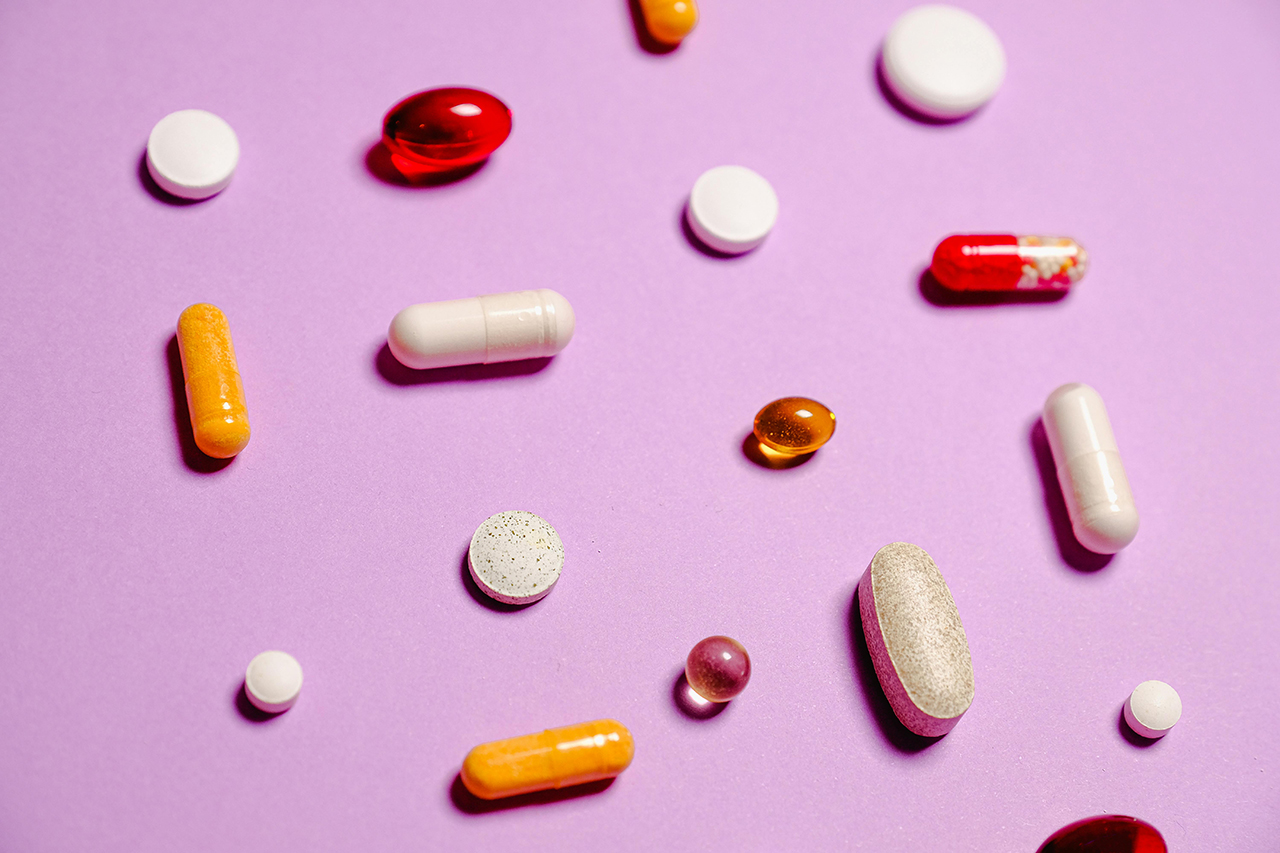Understanding the Role of GLP-1 Drugs
GLP-1 drugs, such as semaglutide (Ozempic, Wegovy) and liraglutide (Victoza, Saxenda), enhance insulin secretion in response to meals, slow gastric emptying, and promote satiety. These effects can be beneficial for glycemic control and weight management but might also lead to reduced food intake, potentially affecting your nutrient absorption.
Key Nutrients to Monitor
Vitamin B12
GLP-1 drugs can slow gastric emptying, which might affect the absorption of vitamin B12, particularly in individuals with pre-existing deficiencies or those on long-term therapy. B12 is vital for red blood cell formation, neurological function, and DNA synthesis. Low levels can lead to anemia, fatigue, and neurological issues.
Recommendation: Consider supplementing with 500-1000 mcg of B12, especially if you’re on long-term GLP-1 therapy. Foods rich in B12 include meat, fish, eggs, and dairy products.
Folate (Vitamin B9)
Folate is essential for DNA synthesis and cell division. It’s particularly important for women of childbearing age, as it helps prevent neural tube defects in the developing fetus. Since folate absorption can be compromised by gastrointestinal changes, supplementation may be necessary.
Recommendation: Aim for 400-800 mcg daily, through diet or supplements. Leafy greens, legumes, and fortified cereals are good dietary sources.
Vitamin D
Vitamin D is critical for bone health, immune function, and mood regulation. Weight loss, often associated with GLP-1 drugs, can sometimes lead to changes in vitamin D levels. Given that many people are already deficient in vitamin D, it’s important to monitor and supplement as needed.
Recommendation: A daily dose of 1000-2000 IU of vitamin D3 is typically recommended, but it’s best to check your levels with a healthcare provider. Sun exposure and foods like fatty fish, fortified dairy, and egg yolks can help maintain levels.
Calcium
Calcium works hand in hand with vitamin D to support bone health. Since GLP-1 drugs can affect appetite, ensuring adequate calcium intake is crucial, especially if your dietary intake decreases.
Recommendation: Adults generally need 1000-1200 mg of calcium daily. If you’re not getting enough from food sources like dairy, leafy greens, and fortified products, consider a supplement.
3 Other Supplements to Consider
Omega-3 Fatty Acids
Omega-3s are essential fats that play a role in heart health, inflammation, and brain function. While GLP-1 drugs do not directly impact omega-3 levels, ensuring adequate intake is crucial, especially if your diet becomes more restricted.
Recommendation: Consider taking 1000 mg of EPA and DHA from fish oil supplements if you don’t consume fatty fish (like salmon or mackerel) regularly.
Magnesium
Magnesium is involved in over 300 biochemical reactions in the body, including muscle function, nerve transmission, and blood glucose control. Reduced food intake might lower your magnesium levels.
Recommendation: Aim for 310-420 mg daily, depending on age and gender. Magnesium-rich foods include nuts, seeds, whole grains, and leafy greens.
Probiotics
Given that GLP-1 drugs slow gastric emptying and can affect gut motility, maintaining a healthy gut microbiome is important. Probiotics can support digestion and overall gut health.
Recommendation: A daily probiotic supplement or consuming fermented foods like yogurt, kefir, sauerkraut, and kimchi can help maintain gut health.
Before adding any new vitamins or supplements to your routine, it’s crucial to consult with your healthcare provider. They can assess your individual needs, monitor potential interactions with your GLP-1 medication, and adjust dosages accordingly.

